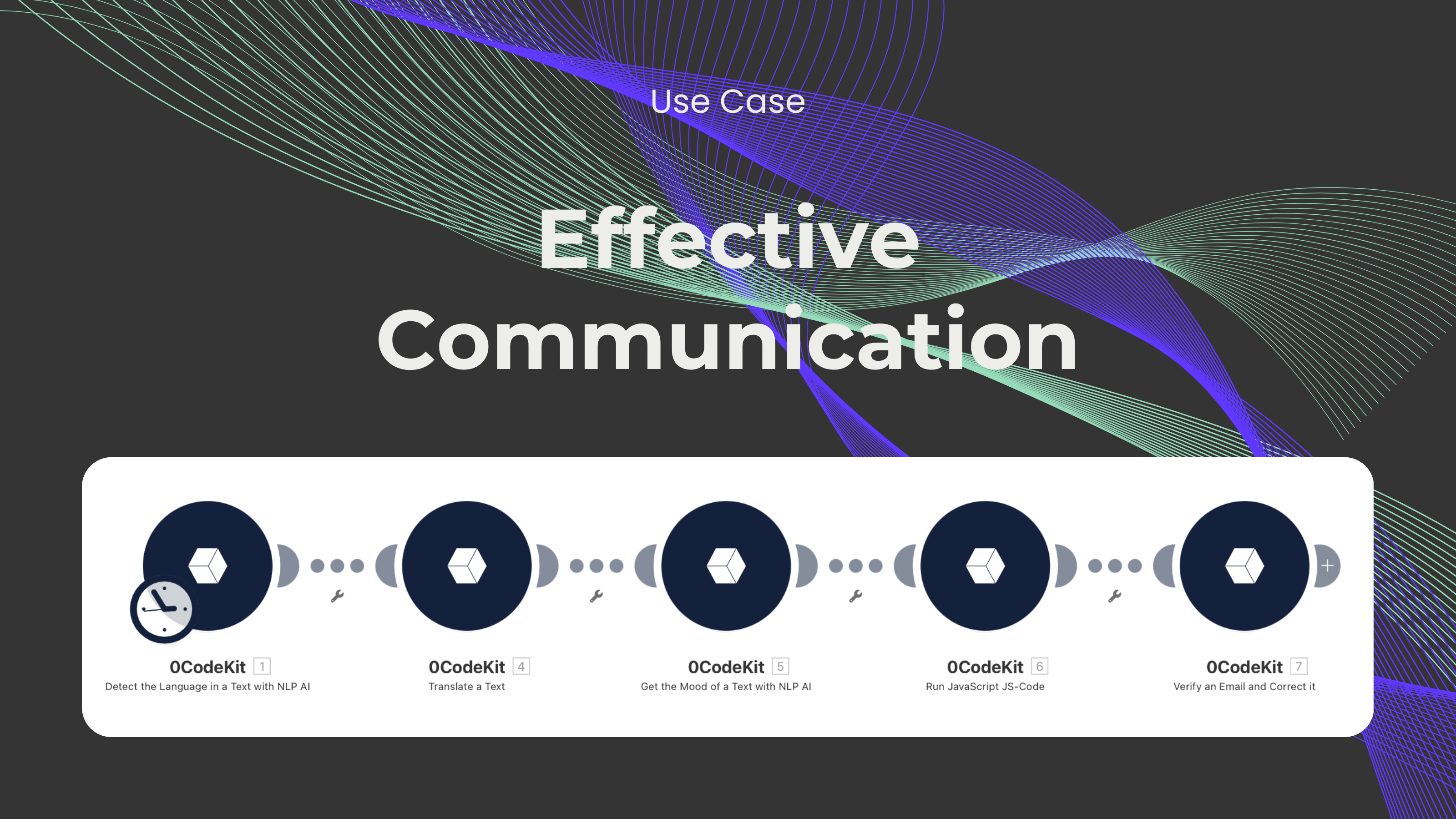All posts
Get Started with 0CodeKit Tutorial
This blog introduces 0CodeKit, a platform offering no-code and low-code development tools through APIs and automation. With over 140 endpoints across categories like AI, PDF, and business, it enables users to create apps without extensive coding knowledge.
SSO, Euro Payments & AI
In this blog, we introduce exciting platform enhancements designed to improve user experience and technological capacity. Discover the implementation of Microsoft Single Sign-On, a new euro payment option, and OpenAI’s o3 model for accurate code output.
Encrypted PDFs in Dropbox Automation
Learn to automate encryption for confidential Dropbox files using 0CodeKit's PDF encryption feature. In this blog, we outline a step-by-step workflow, from detecting new files to encrypting PDFs and securely uploading them back to Dropbox.
How to Create Custom-Styled PDFs from Markdown
Explore effective strategies for converting Markdown to PDFs for better readability and print quality. In this blog, we delve into structuring elements, metadata usage, and CSS styles to transform your Markdown files into polished and professional documents.
February 2025 Endpoint of the Month
Discover how to securely store and share sensitive documents like contracts and NDAs with 0CodeKit’s Temporary Storage feature. In this blog, we detail an easy setup process that allows files to be stored temporarily and accessed via a URL for up to 25 hours.
Uses for the Markdown to PDF Endpoint
Discover how using Markdown for document formatting can enhance brand consistency and streamline various tasks. In this blog, we explore applications of the Markdown-to-PDF feature, highlighting its benefits for collaborative writing, report generation, and more.
How to Solve 3 Common Markdown Challenges
Converting Markdown to PDF simplifies document creation but comes with challenges like limited styling options, image inconsistencies, and linking issues. In this blog, we identify these problems and offer solutions using CSS and ensuring correct image resolution.
Features for Only 1 Credit
Discover how to leverage powerful yet affordable tools with 0CodeKit's features available for just 1 credit. In this blog, we delve into how each feature works, cost-effectively optimising your workflow, such as email validation, BMI calculation, and more.
AI Voiceover Video Tutorial
Learn how to automate the creation of videos with personalised AI voiceovers in this tutorial. We'll guide you through setting up an automation workflow using Dumpling AI, Runway, and ElevenLabs, culminating in a cohesive video using 0CodeKit.
PDF Redaction Tutorial
Explore our tutorial to discover how to automate the redaction of confidential information from documents using 0CodeKit. We'll walk you through a step-by-step integration process with Dropbox or Google Drive, allowing you to efficiently redact sensitive data.
Manual PDF Redaction vs. AI
In this blog, we explore the pros and cons of manual versus AI-powered PDF redaction. Manual redaction offers accuracy and control but is time-consuming, while AI-powered solutions provide efficiency and consistency for handling large data volumes.
Audio-Video Merging in Every Industry
Discover the versatility of the audio-video merging feature, a tool for creating impactful audiovisual content. In this blog, we explore diverse applications across various industries, showcasing how combining audio and video enhances storytelling and engagement.
July 2025 Endpoint of the Month
Discover how to maintain consistency and professionalism in business communications with our Convert Markdown to PDF endpoint. In this blog, we explore using Markdown, a lightweight markup language, to automate and customise document creation.
Python & JavaScript Scalable Systems
Explore how to build scalable systems with Python and JavaScript. In this blog, we delve into strategies like microservices architecture, asynchronous programming, load balancing, caching, and database optimisation.
Asynchronous vs. Traditional Python
Explore the power of asynchronous Python. In this blog, we delve into how it differs from traditional Python by handling I/O operations, concurrency, and resource limitations more efficiently. Learn when to leverage asynchronous Python to enhance your applications.
.png)

